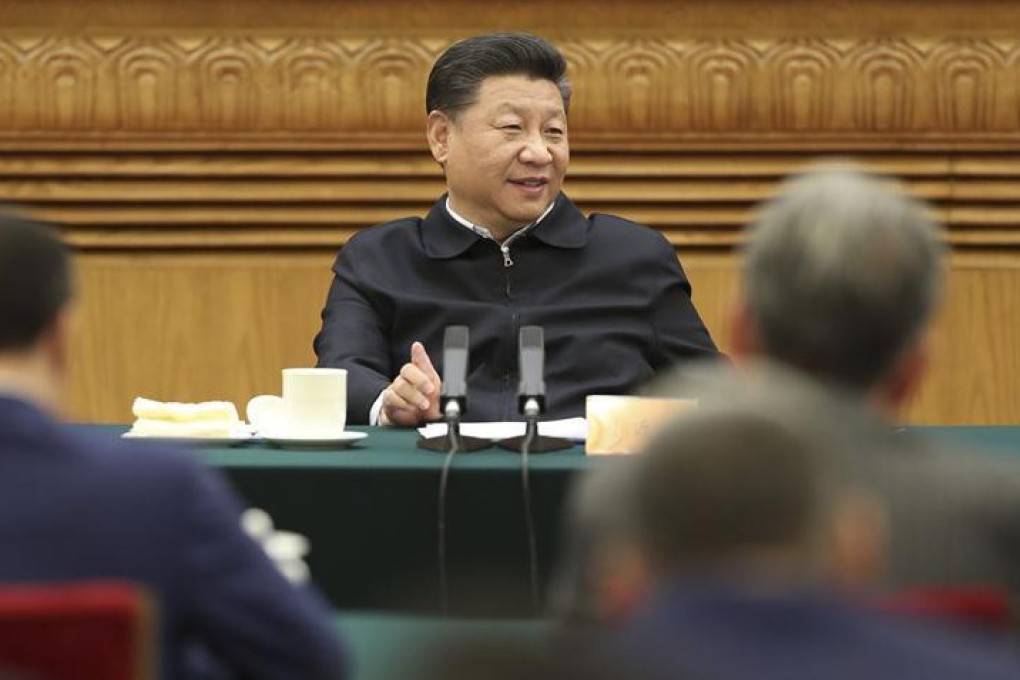Will China’s private sector be the big loser in the US trade war fight?
- American tariffs are meant to loosen the grip of state firms on the Chinese economy but they could end up having the opposite effect, analysts say

When the United States launched the trade war last year, one of its main aims was to force China to level the playing field in its economy.
Washington wanted Beijing to open up areas restricted to state firms and cut support for state-owned companies, giving greater access to foreign and domestic private competitors.
But analysts say that the US tariff regime could have the opposite of that intended effect by making life much tougher for China’s non-state sector, which has taken the brunt of American duties on Chinese exports to the US.
As recently as last week, when US President Donald Trump effectively banned Chinese technology giant Huawei from the US market and relations between the two countries hit a new low amid renewed tariffs, US Secretary of State Mike Pompeo insisted that Washington was behind a deal that would benefit the Chinese people.
“These issues are not only important to the United States, these are good for the world, and for the people of China,” he said in an interview with CNBC. “If we get this right, this will create a trading system that can create prosperity for citizens around the world.”
Washington has demanded a trade deal that would allow US companies to compete in China on an equal footing with Chinese businesses – measures that would include stronger intellectual property protection, elimination of state subsidies and improved market access.